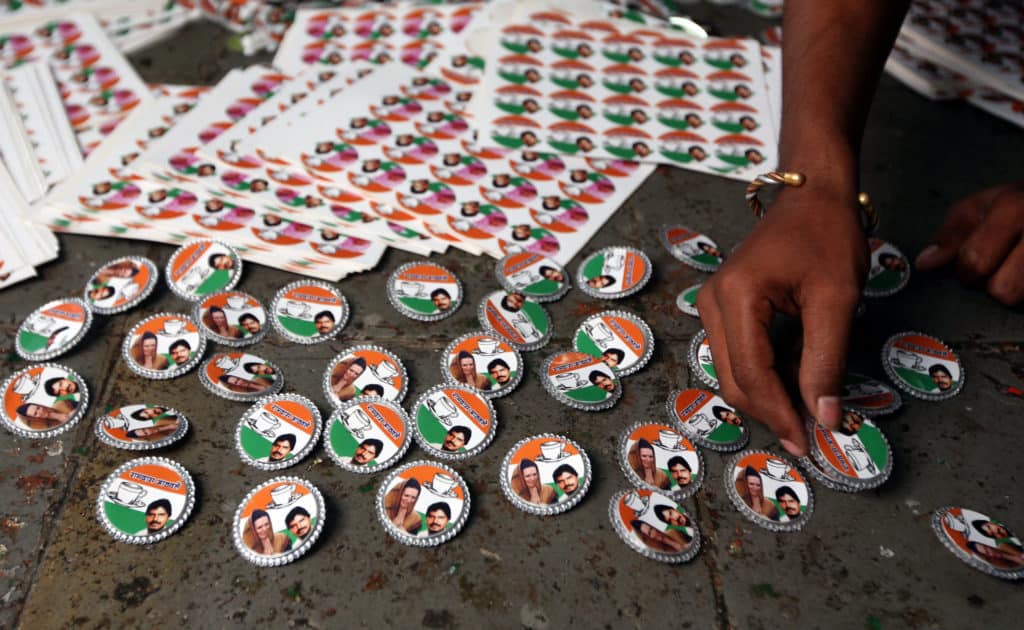Amid rising Omicron fears, section 144 enforced in Mumbai
As the city prepares for Christmas and New Year’s Eve celebrations, Mumbai police has said prohibitory orders under CrPC section 144 will be imposed in the city, from December 16th to December 31th, to prevent the spread of COVID-19.
According to the new restrictions, announced on December 16th, all public events will be allowed at only 50% capacity, and all attendees must be fully vaccinated. All other establishments — shops, malls — have been asked to allow only fully vaccinated customers. Those travelling into the state need to show their vaccination certificate with the second dose or an RT-PCR test taken 72 hours prior.
Source: Business Standard
No OBC reservation in upcoming municipal elections
The Supreme Court has decided that there will be no reserved seats for Other Backward Classes in 2022 municipal elections, because the state has failed to fulfil the ‘triple test’ criteria, that includes collecting data on OBCs. In light of this, the SC has directed that 27% of reserved seats be converted to general category.
Justices A M Khanwilkar and C T Ravikumar rejected the Maharashtra government’s plea to suspend the entire election process for another three months so that the missing data on OBCs can be collected.
Source: The Times of India

Cost of rapid COVID-19 testing reduced at Mumbai airport
The cost of the rapid COVID-19 test at the Mumbai airport has been reduced to Rs 1,975 from Rs 3,900 starting December 14th, according to the Mumbai International Airport Ltd. With this move, Mumbai airport now offers the cheapest COVID-19 rapid testing in the country. The government-run Airports Authority of India (AAI) decided to pass on revenue earned through the tests to the passengers, by reducing prices.
Source: The Times of India
After nearly 21 months, Mumbai schools reopen for classes 1 to 7
From December 15th, Mumbai Schools reopened for students from classes 1 to 7, since the city is witnessing a considerable drop in COVID-19 cases. However, there have been mixed reactions so far with parents and teachers expressing their concerns over the move, given the threats of the Omicron wave.
Over 10 lakh students are set to attend offline lectures, according to reports. But, despite the nod from the Brihanmumbai Municipal Corporation (BMC), some schools might postpone offline classes to January.
The city has seen a 98% fall in COVID-19 cases. Experts contend that if this trend continues, Mumbai could expect fewer cases in the coming months. Threats of an Omicron wave, however, continue to raise suspicion in the city.
Source: Times Now
Read more: How to prevent viral fevers other than COVID-19
More than 80% of Mumbai residents are now fully vaccinated
More than 80% of adults — those above the age of 18 — have been fully vaccinated against COVID-19. Mumbai is now the first among other major cities in the country, even Maharashtra, to reach this milestone.
BMC commissioner IS Chahal said that the target moving forward is to vaccinate the population of Rs 92.3 lakh by the end of January 2022. 1.71 crore doses have been administered in the city since January 2021, fully immunising nearly 74 lakh people. Awareness made a big difference to this process, according to Soumitra Ghosh, associate professor from Centre for Health Policy, Planning and Management, TISS.
Source: The Times of India
(Compiled by Saachi D’Souza)